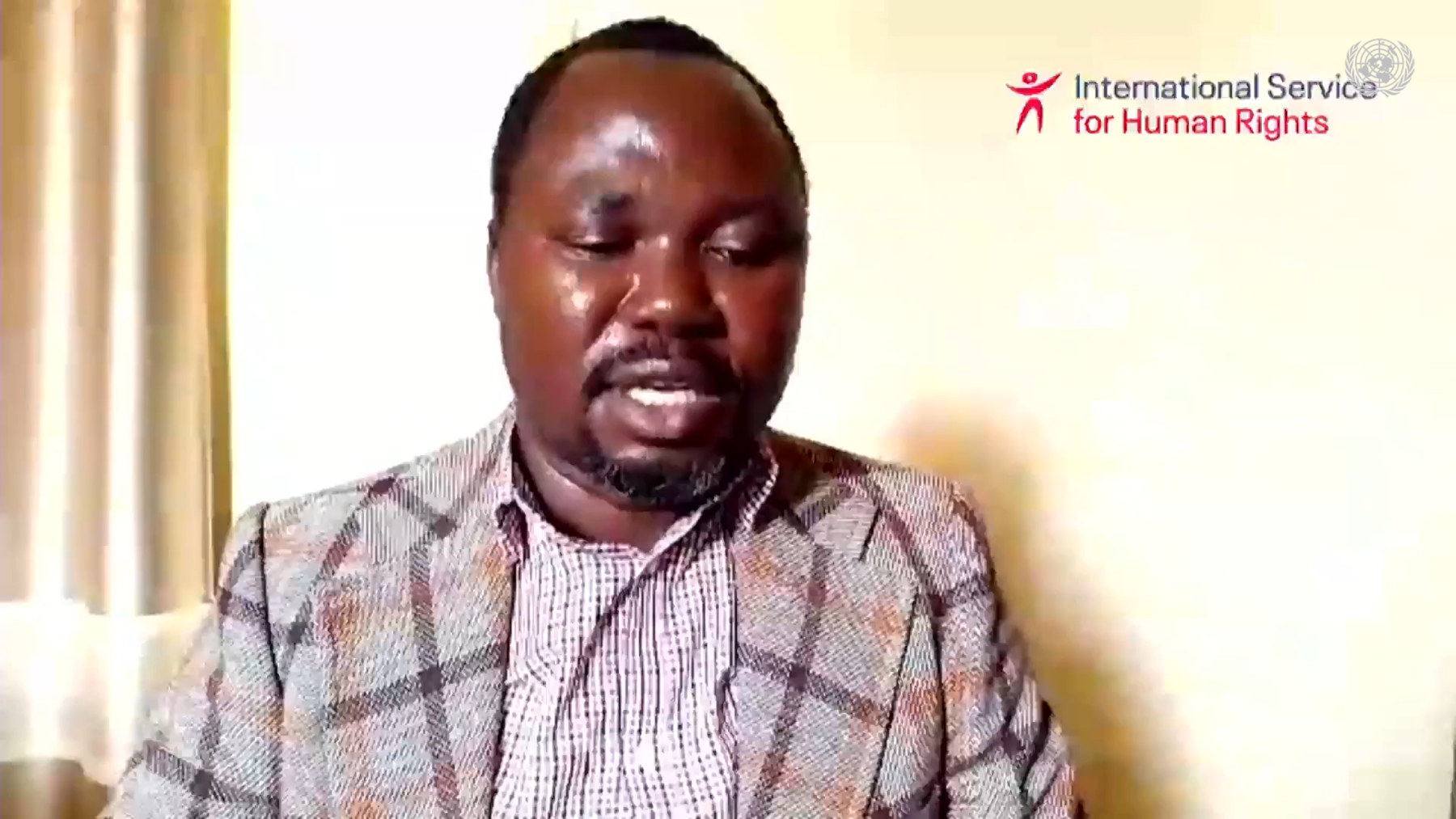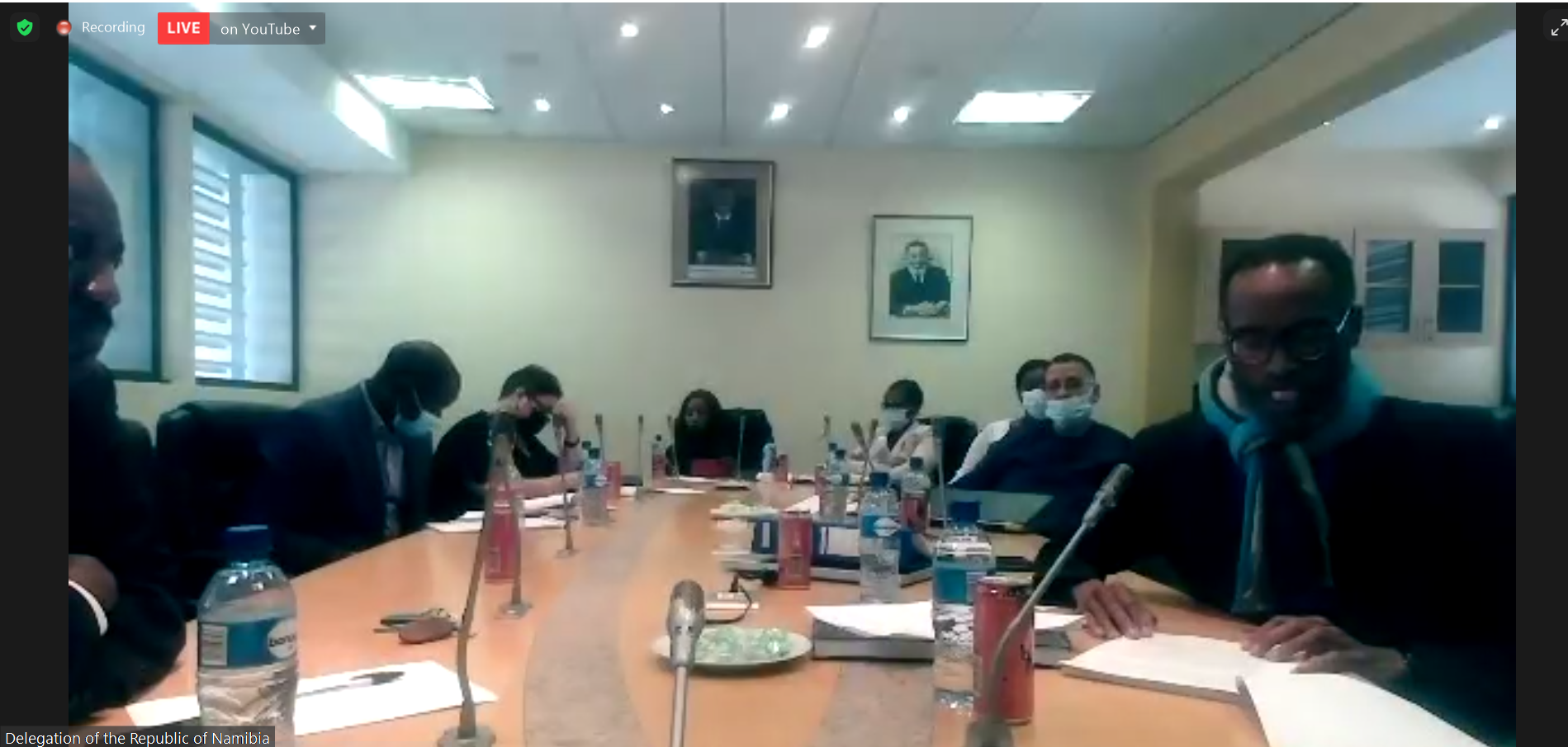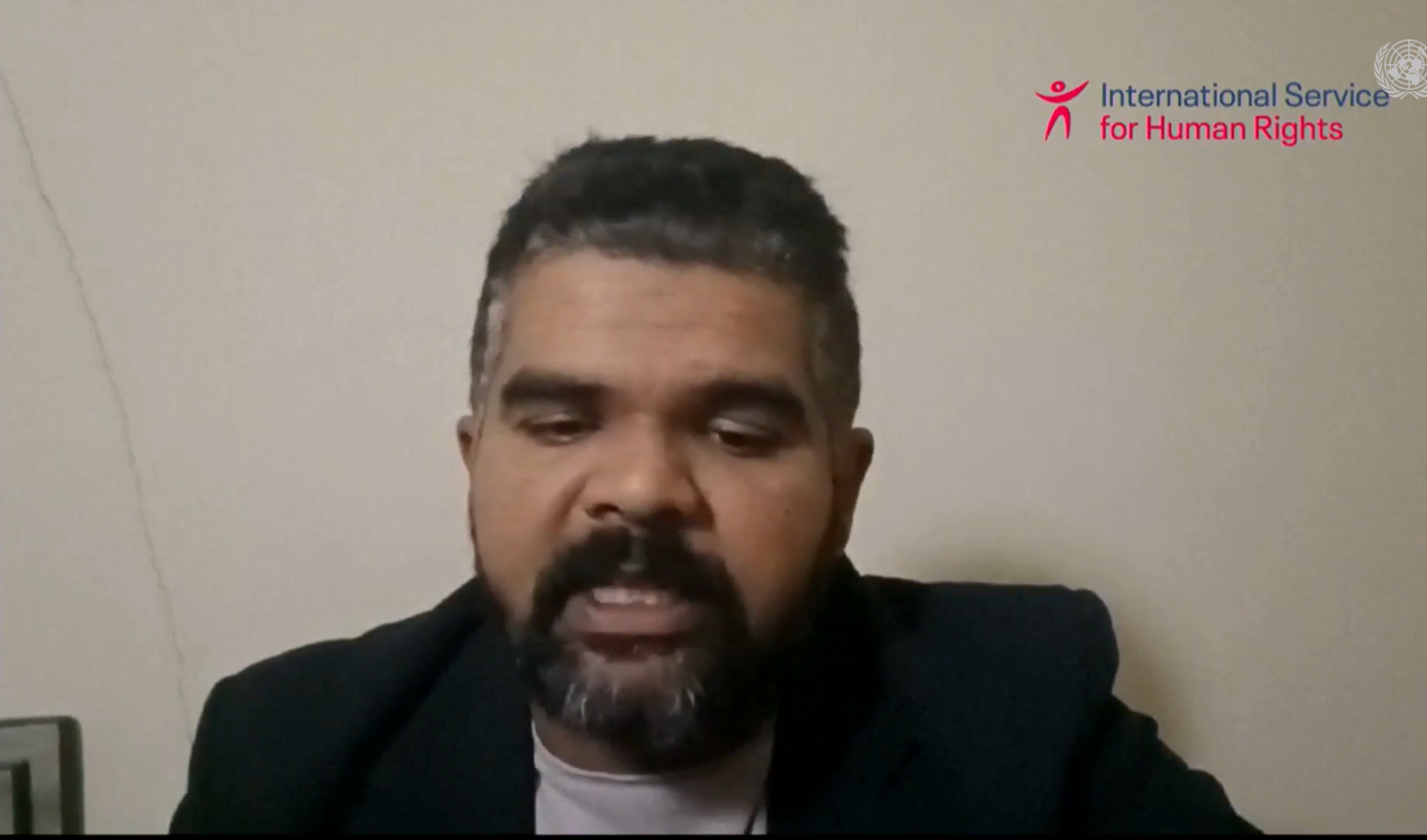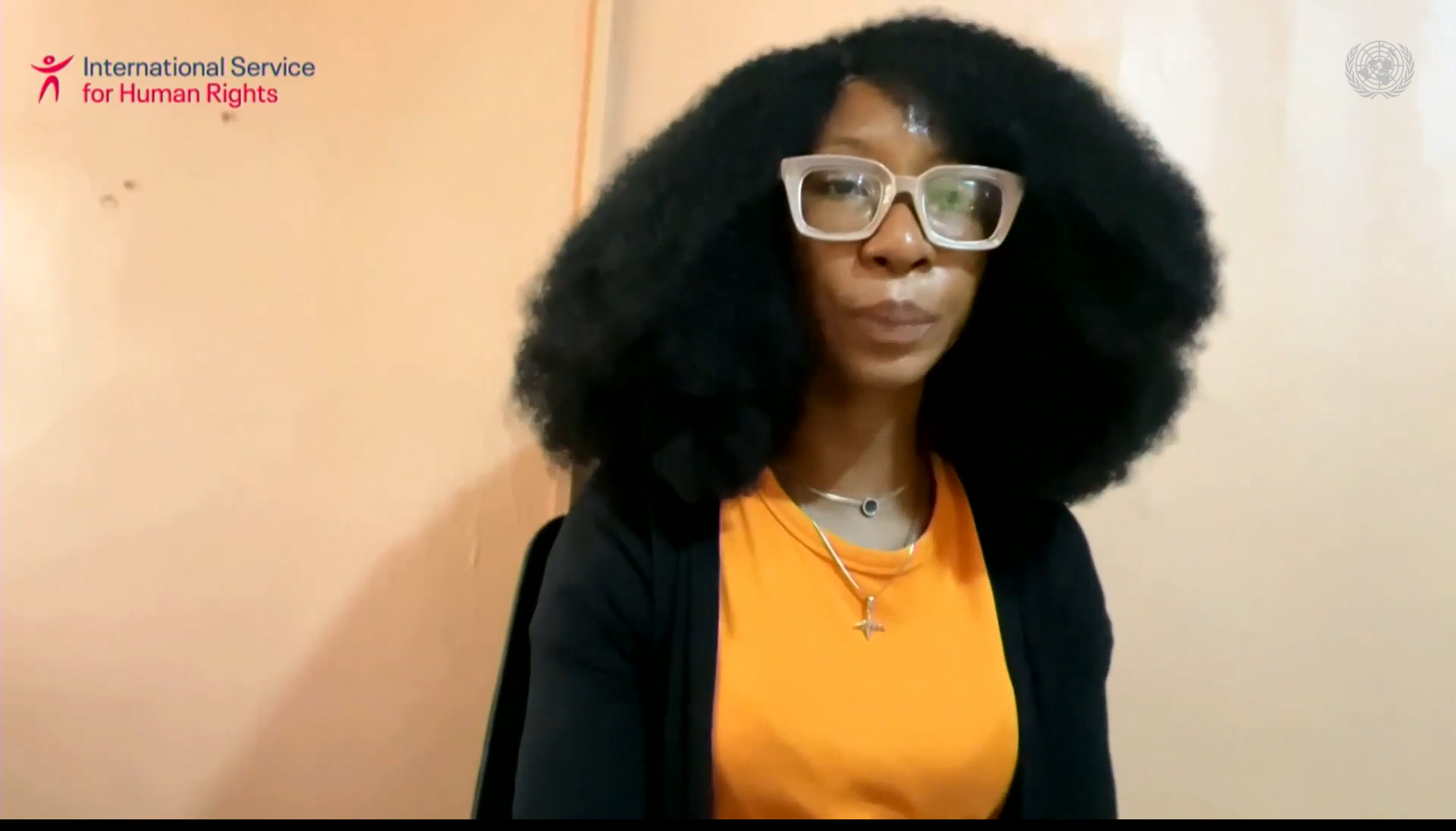On 22 November 2021, during the 69th ordinary session of the African Commission on Human and Peoples’ Rights (‘The African Commission’), Namibia presented its 7th periodic report and its 2nd report under the Maputo Protocol covering the period 2015-2019.
Ahead of the Review of the Republic of Namibia, ISHR and The Intersectional Network of Namibia submitted a shadow report to the African Commission which highlights the situation of LGBT communities and defenders.
The NGO shadow report calls on Namibia to:
- Repeal the crime of sodomy and unnatural sexual offences within the Criminal Procedure Act No. 25 of 2004 and all punitive and discriminatory laws which criminalise sexual activity between consenting adults of the same sex.
- Support efforts made by civil society to educate the general public and change mindsets on LGBT issues by openly condemning discrimination of LGBT people.
- Provide funding and resources to facilitate the collection of information, including research data, on violence against LGBT persons to enable policy formulation and implementation.
As they started the presentation of their report, the Namibian delegation shared their willingness to respect the human and fundamental rights of its citizens. At various levels, the country has taken measures to reduce the digital divide, to ensure continuous access to the internet and free access to networks and media. This is part of the draft law on freedom of expression that will soon be voted on, which will allow access to information through public or private entities. In addition to improving the guarantee of freedom of expression for citizens, the government intends to use media freedom to further improve the inclusion of indigenous peoples through the broadcasting of indigenous radio stations. At the same time, the government continues to ensure that these communities have easier access to care and justice.
With regard to the Maputo Protocol compliance and gender-based violence, the country states that this is a persistent problem and that the measures taken so far (prison sentences and fines against perpetrators) are not proving to be sufficient. The priority is now to build the capacity of gender-based violence victim support mechanisms and to encourage community leaders to educate and disseminate a culture against gender-based violence. At the same time, the government has acknowledged that there is still a long way to go in terms of gender equality in leadership positions that are still dominated by men.
In contrast, the plight of LGBT communities and their political, social and legal exclusion was not addressed to any great extent, while LGBT communities and civil society organisations remain targets of discriminatory attacks, said Commissioner Remy Lumbu, Special Rapporteur on Human Rights Defenders in Africa. Although the country has tabled a proposal to repeal the provisions on the criminalisation of sodomy, no measures to structurally change the stigmatisation, discrimination and ostracism of these communities have been proposed.
The Government, having admitted during its presentation that many challenges exist in the protection of sexual minorities, did not provide any answers to these questions in its oral response. More generally, the protection of human rights defenders and whistleblowers is not legislated and few civil society organisations have obtained an official registration.
Other issues raised by the Commissioners included the capacity of the Ombudsman to assume the role of the National Human Rights Institution of Namibia. The government wants to expand its mandate, but it is not funded by a separate budget and there is a lack of human resources.
Commissioners also inquired about the fate of the two police officers who killed demonstrators and the families of the victims. The latter have been compensated by the government and the trial is still ongoing.
Finally, for a better review, Commissioners unanimously asked Namibia to provide more updated information, or to create censuses, on the number of illegal mines, on FGM, on the rate of elderly people who are abused and retired, on the profile of refugees currently in Namibia, whether in transition or not and on the number of victims of torture and whether investigations have been carried out, especially for LGBT people.




